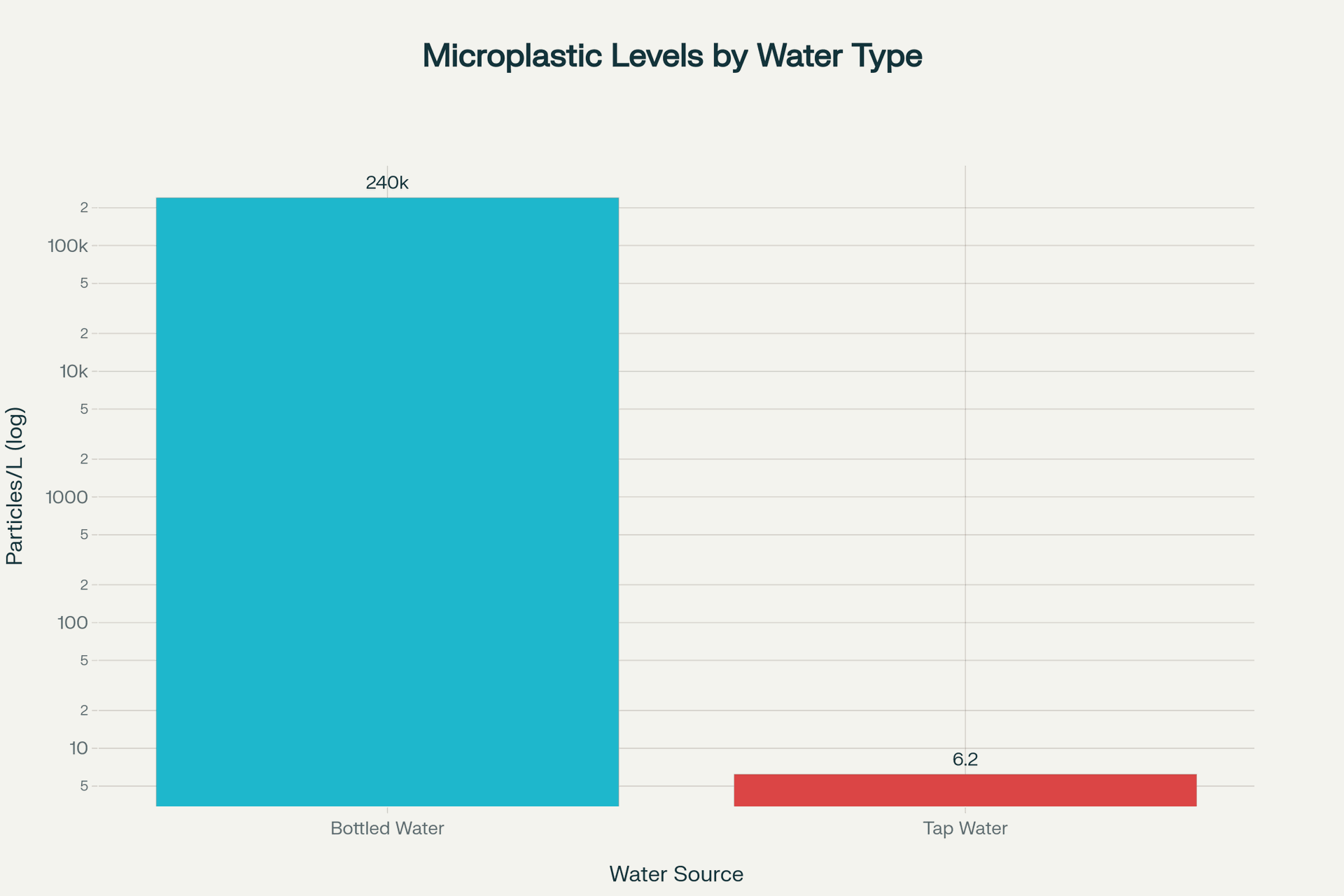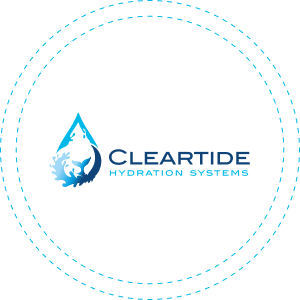Staying hydrated is essential for good health, but as we reach for that convenient plastic water bottle, it’s natural to wonder: Is it the best choice for our bodies and the planet? Recent scientific studies have shed new light on the potential effects of drinking from plastic bottles. The good news? There are easy, positive steps you can take to keep your hydration safe, healthy, and sustainable.
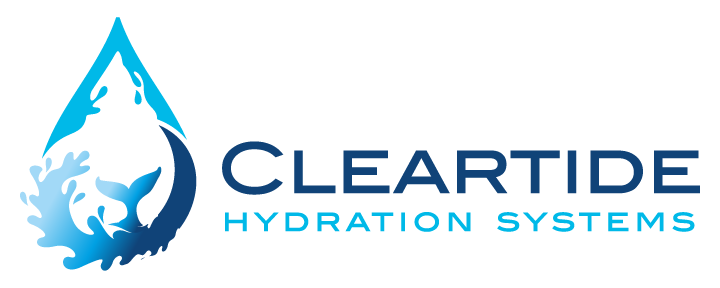
Quick Answer: Are Plastic Bottles Safe for Drinking Water?
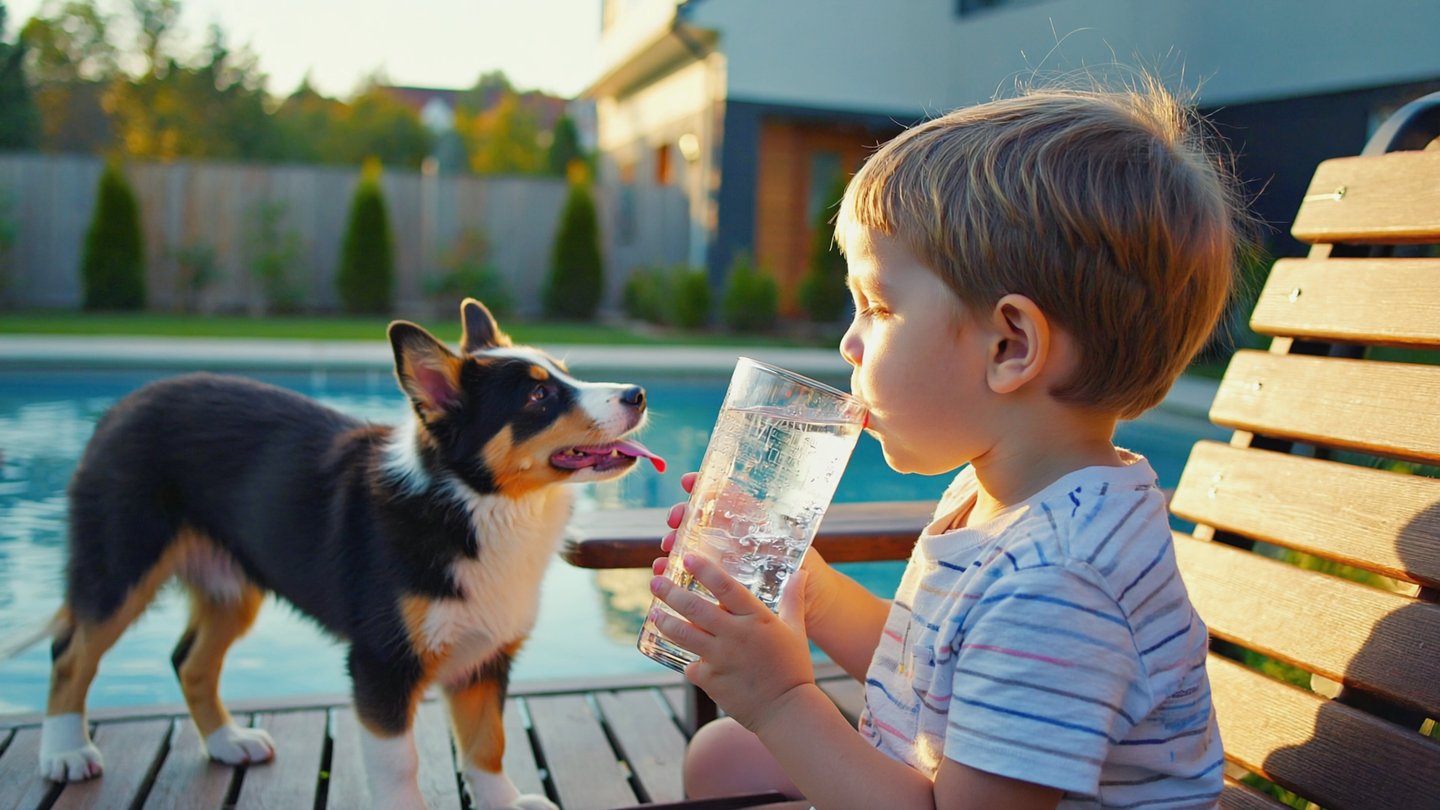
Recent research shows that while plastic bottles are convenient, they can introduce tiny plastic particles and chemicals into your water—especially if reused or exposed to heat. These microplastics and chemicals may have health effects that scientists are still working to fully understand, but there are simple ways to reduce your exposure and make smarter hydration choices21417.
What Are Microplastics and Why Do They Matter?
Microplastics are extremely small plastic particles, less than 5 millimeters in size—about the size of a sesame seed or smaller. They can enter bottled water through:
- The breakdown of the plastic bottle itself
- The bottling process
- Contaminated water sources
A recent study found that a single liter of bottled water can contain up to 240,000 micro- and nanoplastic particles19. These particles are so small they’re invisible to the naked eye, but they’re now found in almost everything we eat and drink1417.
What Does the Latest Science Say About Health Risks?
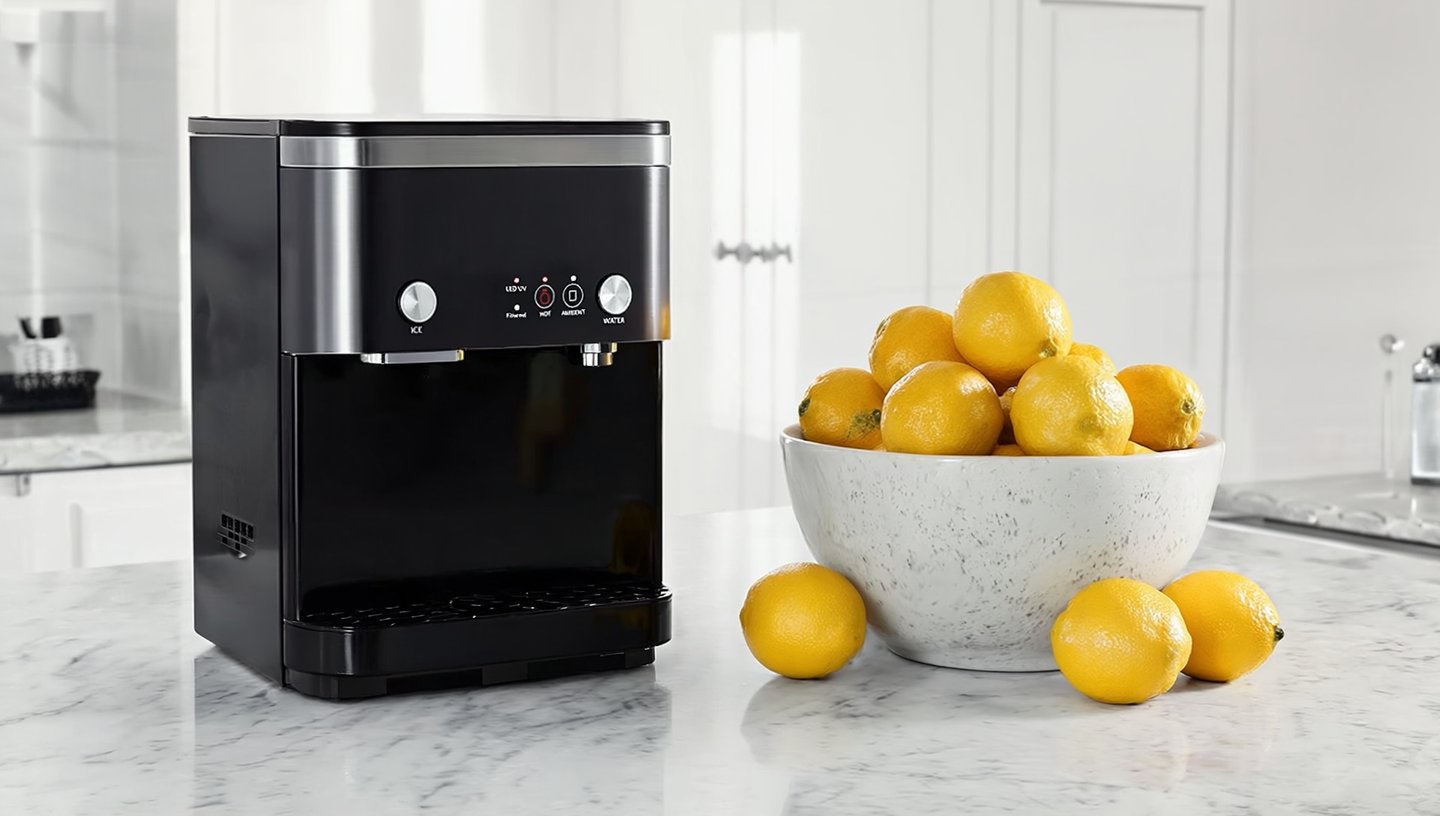
While researchers are still learning about the long-term effects, here’s what we know so far:
- Microplastics in Bottled Water: Studies show bottled water often contains more microplastics than tap water. These particles can carry chemicals that may disrupt hormones, cause inflammation, or affect organ function5121417.
- Chemical Leaching: Chemicals like BPA (bisphenol A) and phthalates can leach from plastic bottles, especially if they’re reused or exposed to heat. These substances are known as endocrine disruptors and may impact hormone balance and overall health34.
- Animal Studies: Recent research in mice suggests that microplastics can affect blood sugar regulation and liver health, raising questions about potential effects in humans1.
- Human Studies: Microplastics have been found in human organs and tissues. Some studies suggest a possible link to heart disease, inflammation, and metabolic changes, but more research is needed to confirm these effects in people1417.
“Microplastics have been detected in the gut, kidneys, and even the bloodstream. While the full health impact is still under investigation, reducing exposure is a smart precaution.”
How Can You Reduce Exposure and Stay Hydrated Safely?

Staying hydrated is vital—so don’t let these findings scare you away from drinking water! Instead, consider these simple, positive steps:
- Choose Reusable Alternatives: Opt for stainless steel or glass water bottles, which don’t leach chemicals or microplastics2310.
- Avoid Heat Exposure: Don’t leave plastic bottles in hot cars or direct sunlight, as heat increases chemical leaching3.
- Limit Reuse of Single-Use Plastics: Single-use plastic bottles are designed for one-time use. Reusing them can increase the risk of both chemical leaching and bacterial growth3.
- Filter Your Water: Home water filters can reduce microplastic content and other contaminants in tap water10.
- Support Sustainable Brands: Look for hydration solutions from companies that prioritize safety, sustainability, and rigorous testing2.
Why Trust Cleartide Hydration?
At Cleartide Hydration, we’re committed to providing hydration solutions that are safe, sustainable, and transparent. Our products are designed to help you stay healthy and hydrated—without the worry of microplastics or harmful chemicals.
Take the Next Step
Ready to upgrade your hydration routine? Explore Cleartide Hydration’s range of reusable, microplastic-free solutions and discover a better way to drink water—good for you and the planet!
Sources:
- [Microplastics in food are contributing to these health issues: study]1
- [Choosing Microplastic-Free Bottled Water Options]2
- [Does Plastic Cause Cancer? Myths and Facts]3
- [Detection and risk assessment of bisphenol-A and phthalate esters]4
- [Occurrence of Microplastics in Tap and Bottled Water]5
- [Scientists make alarming discovery about health impact of drinking bottled water]14
- [What's the deal with microplastics, the material that 'never goes away'?]17
